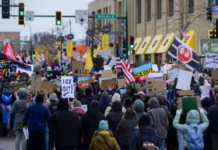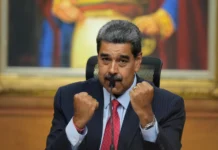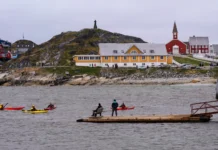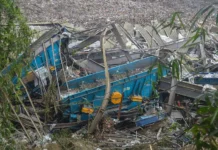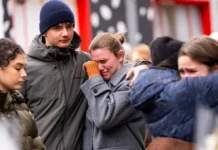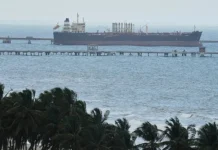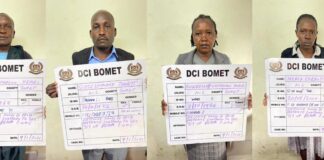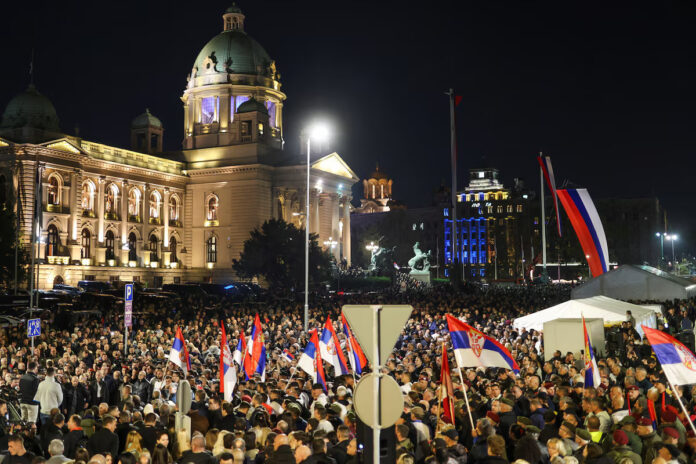
More than 10,000 supporters of Serbian President Aleksandar Vucic gathered in central Belgrade on Wednesday in a major show of support for the populist leader, following a year of escalating anti-government demonstrations over corruption and governance concerns.
The rally, organized by Vucic’s ruling Serbian Progressive Party, drew crowds from across the country, with many attendees arriving in buses arranged by party officials.
Waving national flags and chanting “Vucic, the Serb!” and “Serbia!”, supporters filled the square in front of parliament as patriotic music played over loudspeakers.
“You are the ones defending peace, stability and the constitutional order,” said parliament speaker Ana Brnabic, a close Vucic ally, addressing the cheering crowd.
According to Reuters witnesses, the pro-government gathering was the largest of its kind this year.
However, it was smaller than a massive anti-corruption rally held on Saturday, which drew tens of thousands of students, activists, and opposition supporters demanding early elections and accountability.
The anti-government movement began a year ago after a railway station roof collapsed in the northern city of Novi Sad, killing 16 people.
The tragedy sparked nationwide anger over alleged corruption, negligence, and the government’s failure to prosecute those responsible.
On Wednesday, police in riot gear cordoned off the area to keep rival groups apart, as smaller clusters of anti-government protesters gathered nearby, chanting slogans against Vucic.
A tent encampment maintained by Vucic supporters has occupied the square since March, and tensions between pro- and anti-government demonstrators flared into clashes last week.
Opposition groups, human rights organizations, and student leaders accuse Vucic’s administration of corruption, suppressing media freedom, and tolerating violence against political opponents, charges the president and his allies strongly deny.
Vucic, in power since 2014, maintains a firm grip on Serbia’s political landscape, portraying himself as a guarantor of stability amid regional and international pressures.
However, growing domestic unrest suggests his government is facing its most sustained challenge in years.
Source: Reuters
Written By Rodney Mbua











